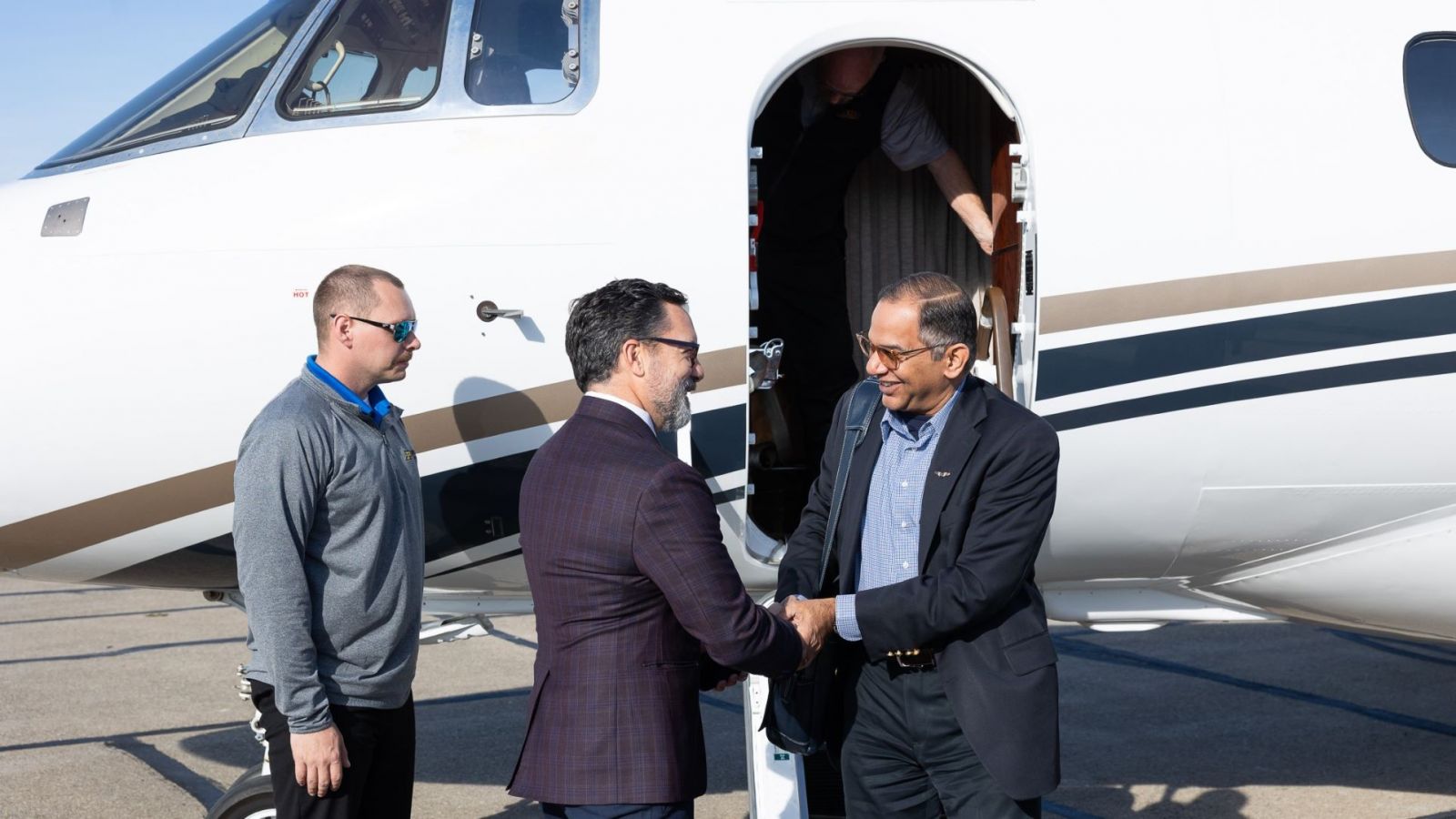
Purdue Polytechnic's CREATE lab has partnered with Flexjet, Inc. to create AeroSphere—an aviation facility providing students with a world-class education in aircraft maintenance and upkeep:
- AeroSphere to enhance Flexjet’s innovative apprenticeship program, professional development effort
- Lab-to-life experience serves as a technician career accelerator, will address industry concerns about maintenance technician shortages
- Partnership will benefit Purdue University students and Flexjet’s current, prospective aviation maintenance technicians
CLEVELAND, Ohio, and WEST LAFAYETTE, Ind., November 16, 2023—Flexjet, Inc., a global leader in subscription-based private aviation, and Purdue University’s Center for Research and Education in Advanced Technology Ecosystems (CREATE) have entered into an exclusive agreement to develop AeroSphere for Business Aviation—a living ecosystem where learning, working, and innovation converge. It is a state-of-the-art hub, combining an innovative aviation education facility with one of the largest private aviation operators in the world.
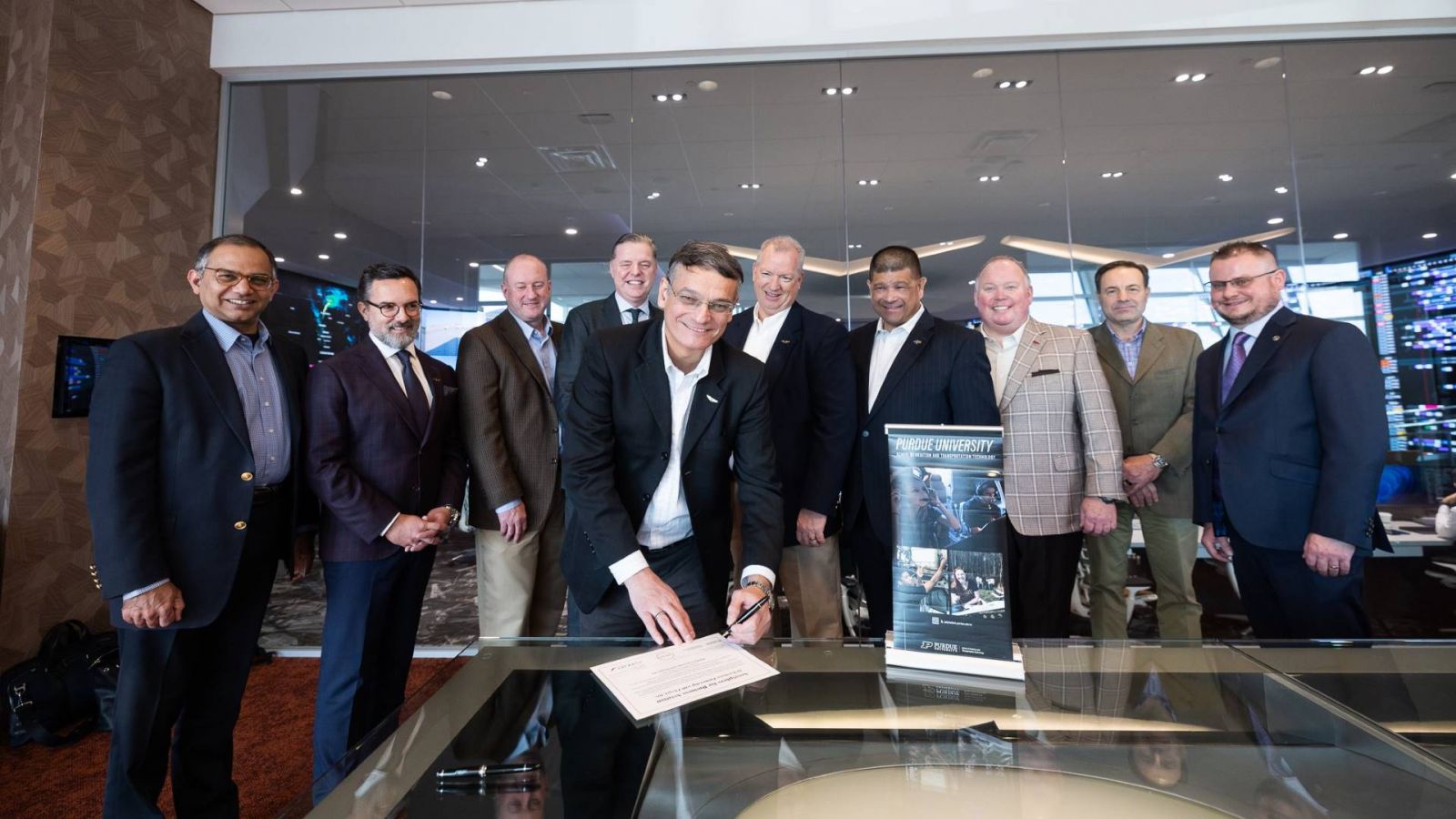
The key philosophy behind AeroSphere for Business Aviation is symbiosis: Purdue’s education program feeds into Flexjet’s business operations. In turn, Flexjet provides hands-on experiences that will inform and guide Purdue’s education program. It is an environment where students and professionals alike learn not just from textbooks and simulators, but from real-world experiences and challenges faced by global aviation companies like Flexjet.
“Our goal in partnering with Purdue University was simple,” said Kevin Dillon, a senior executive overseeing Flexjet’s global maintenance facility (as well as a Purdue graduate). “We wanted to align the best university in the world for aviation and aerospace technology with the best global business jet operator, to create a new approach for professional development that is unlike anything we have seen in our industry.”
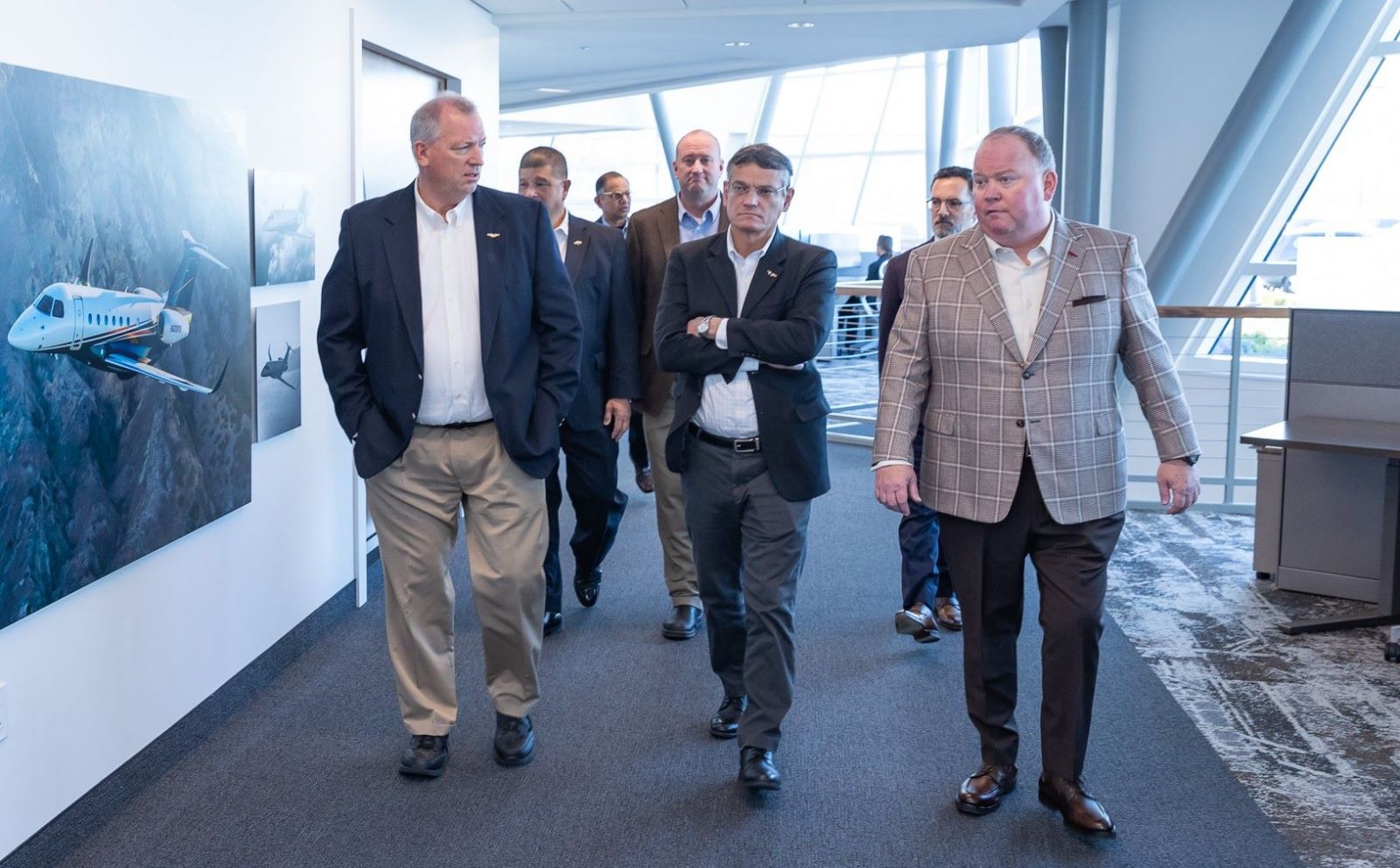
Between now and 2042, Boeing’s 2023 Pilot and Technician Outlook forecasts a demand for 649,000 pilots and 690,000 technicians worldwide. In order to meet this demand and modernize the technician training program in the United States, the Aviation Technical Education Council, labor unions, major maintenance, repair and overhaul companies and others collaborated to champion a groundbreaking legislative reform. Part 147 of the Code of Federal Regulations, which concerns Aviation Maintenance Technician Schools, now provides much-needed autonomy and inspires competency-based approaches to technician training.
“The new regulation has cleared all the hurdles,” Mike Davis, director of the Part 147 program at Purdue University, said. “With AeroSphere, it is now up to us to build the world’s best technician program.”
AeroSphere will serve as a career accelerator with Purdue assisting Flexjet in redesigning the company’s professional development and educational programs for both its apprenticeship program (pre-professional training) as well as advanced continuing education for its licensed technicians (post-professional training). A first in the industry, the Flexjet apprentice program takes candidates, who have been vetted for aptitude and company culture, from zero experience to licensed aviation technician (A&P as well as advanced avionics training) in just over 2 years. The apprentices earn full-time wages while training and graduate with a job offer from Flexjet.
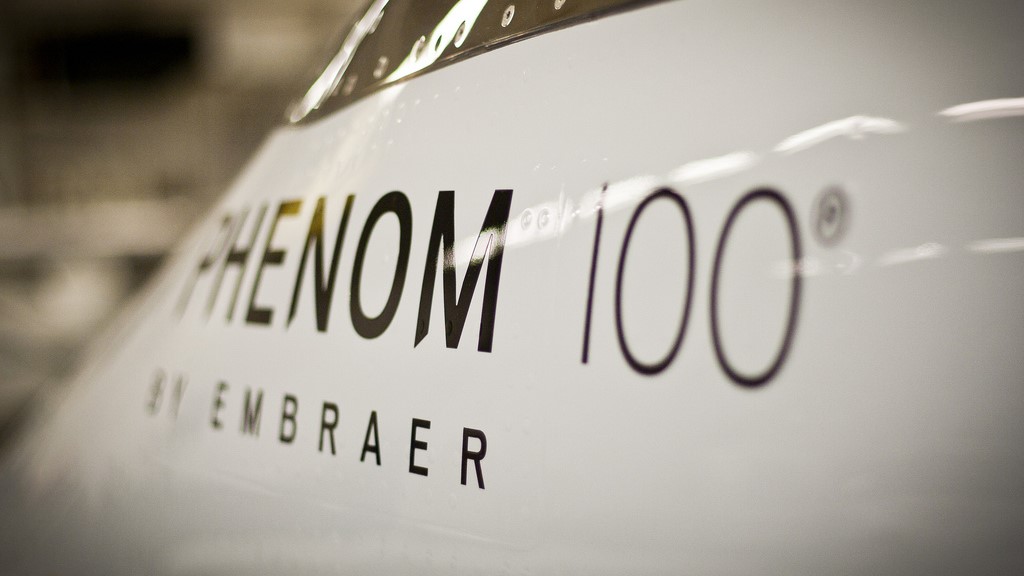
“The support from Purdue will further enhance our ongoing efforts to invest in the more than 1,300 people employed in Flexjet’s Global Maintenance and Product Support division,” said Flexjet Senior Executive for Global Maintenance and Product Support, Jay Heublein. “This partnership will radically change the world of technician education which will in turn provide our team members with an incredible level of professional fulfillment while also providing Flexjet with an enormous competitive advantage as we look to continue expanding our overall support infrastructure.”
“There are three distinguishing features of AeroSphere,” Manoj Patankar, director of CREATE at Purdue University, said. “It is built on the new Part 147 requirements, it matches the best of on-the-job training and online learning, and it is competency-based.” Mike Suckow, associate director of CREATE, also noted: “This ‘lab-to-life’ experience ensures students can immediately apply what they have learned. Reciprocally, it also brings life back into labs, to ensure that the academic side stays current and relevant. This constant feedback loop ensures a vibrant, dynamic learning environment.”
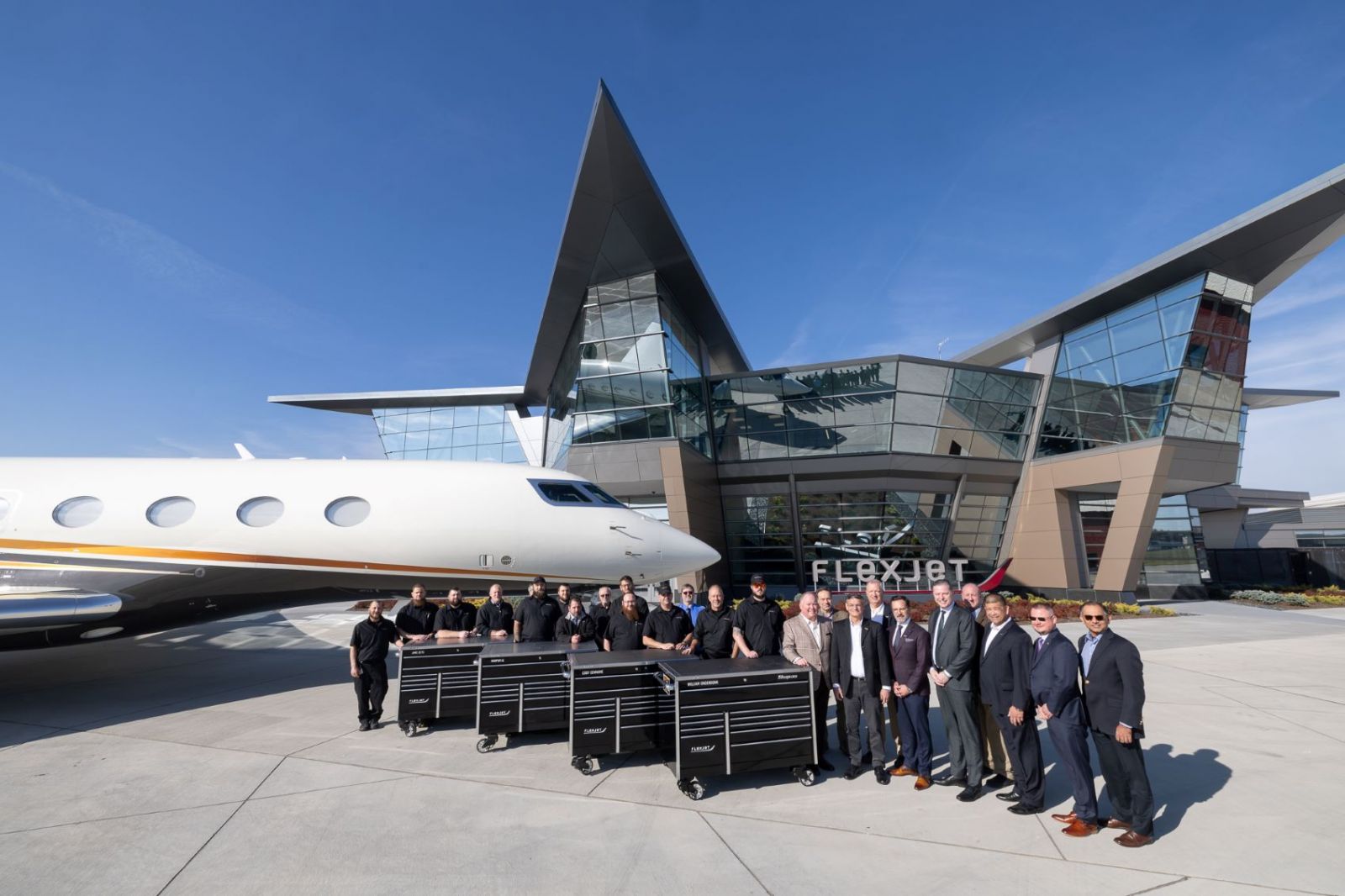
Brian Dillman, acting head of the School of Aviation and Transportation Technology, commented on the broader significance of this alliance: “By bringing these global brands together, we are taking ownership of the workforce challenge and committing to develop a globally competitive technician workforce. This has never been done before.”
Daniel Castro, dean of Purdue Polytechnic applauded AeroSphere: “this is the perfect example of the next generation of applied research and program development for a land-grant, research-intensive institution like Purdue. We hope that AeroSphere grows and serves as a model of international collaboration between the various segments of the aviation industry, academic institutions, government agencies, and non-government organizations.”
About Purdue and CREATE
The Center for Research and Education in Advanced Transportation Ecosystems (CREATE) is a hub of innovation and technical expertise located within Purdue University’s School of Aviation and Transportation Technology, America’s first and most committed powerhouse for the advancement of transportation technology in higher education.
Located within this beating heart of innovation, CREATE seeks companies and individuals with an entrepreneurial spirit to partner with us as we harness Purdue’s resources to strategically develop the global transportation ecosystem. CREATE’s primary goal is to be the master integrator of resources and expertise within the global transportation ecosystem, confronting the industry’s novel challenges with equally novel, efficient solutions. CREATE seeks to accomplish this task alongside up-and-coming innovators within the ranks of new faculty, staff and a diverse cohort of students.
About Flexjet
Flexjet, Inc., a global leader in subscription-based private aviation, first entered the fractional jet ownership market in 1995. Flexjet offers fractional jet ownership and leasing and is the first in the world to be recognized as achieving the Air Charter Safety Foundation’s Industry Audit Standard, is the first and only company to be honored with 24 FAA Diamond Awards for Excellence, upholds an ARG/US Platinum Safety Rating, a 4AIR Bronze Sustainable Rating and is IS-BAO compliant at Level 2. Red Label by Flexjet, a market differentiator, which features the most modern fleet in the industry, flight crews dedicated to a single aircraft and the LXi Cabin Collection of interiors.
To date there are more than 40 different interior designs across its fleet, which includes the Embraer Phenom 300 and Praetor 500, Bombardier Challenger 350, the Gulfstream G450 and G650. Flexjet’s European fleet includes the Embraer Praetor 600 and the Gulfstream G650. Flexjet’s helicopter division sells fractional, lease, and on-demand charter access to its fleet of owned, operated and maintained Sikorsky S-76 helicopters which boast 55,000 hours of safe flying certified by Wyvern and ARG/US and serving locations throughout the northeastern United States, United Kingdom and southern Florida. Flexjet is a member of the Directional Aviation family of companies. For more details on innovative programs and flexible offerings, visit www.flexjet.com or follow us on Instagram @FlexjetInc.
Contact:
Susan Ruiz Patton
Flexjet Head of External Communications
216-333-9526 (mobile)
Heather Boswell
Director of Communication, Purdue Polytechnic
765-667-0474 (mobile)
